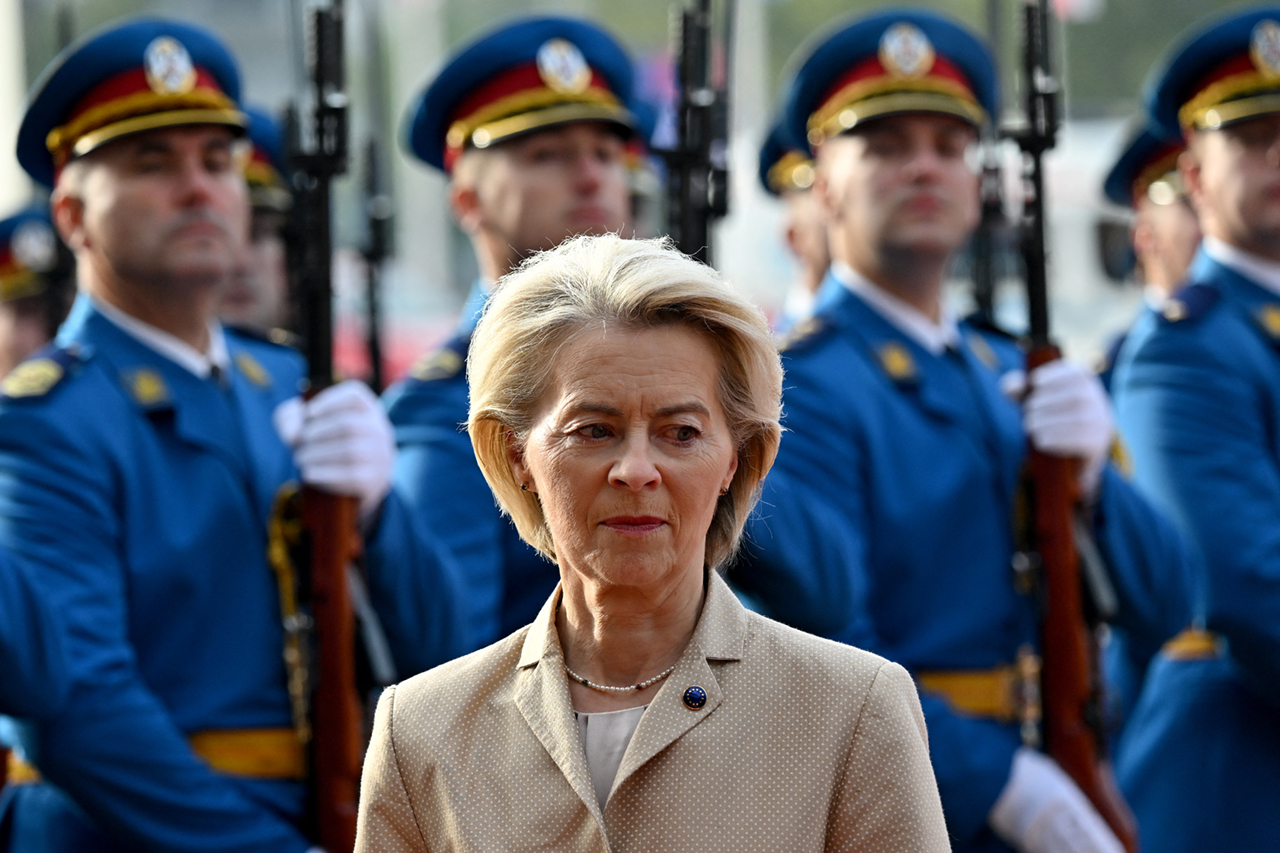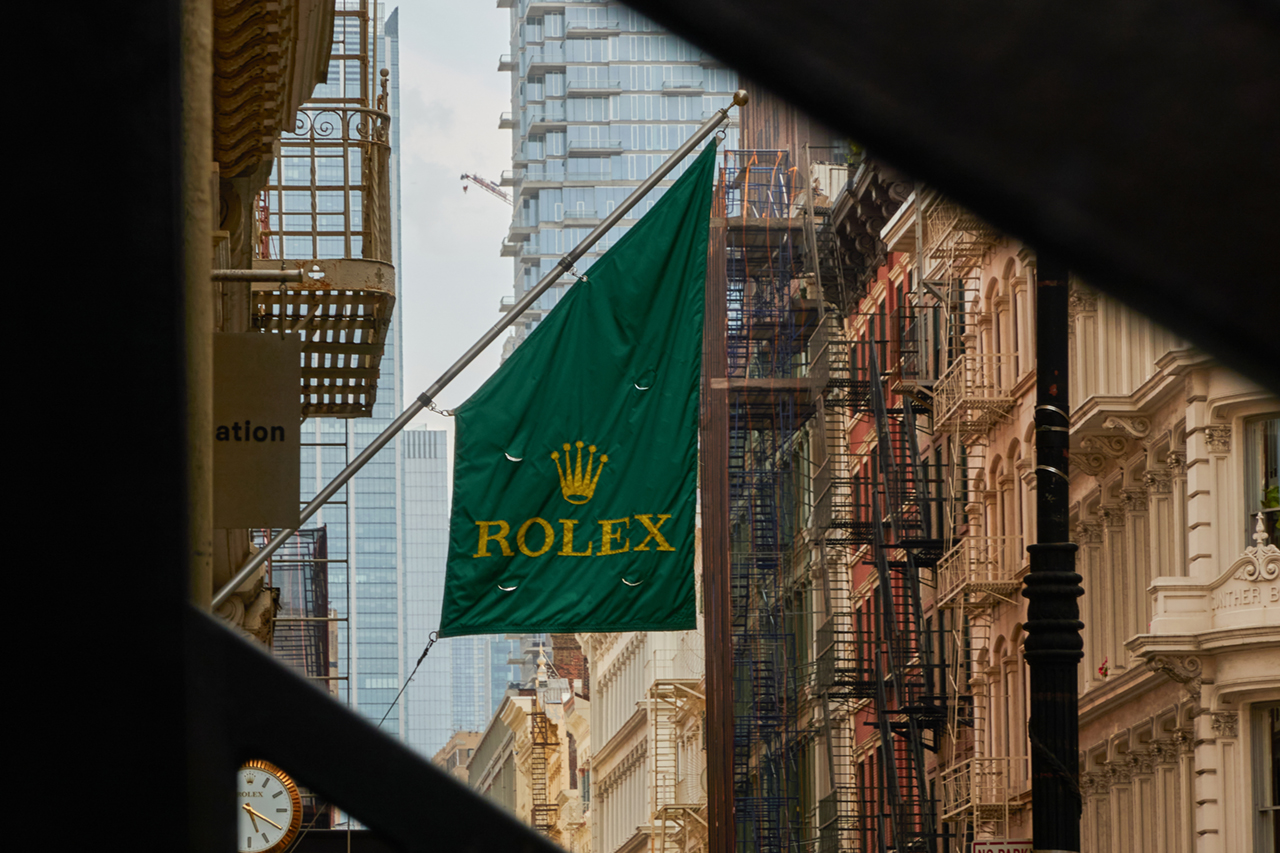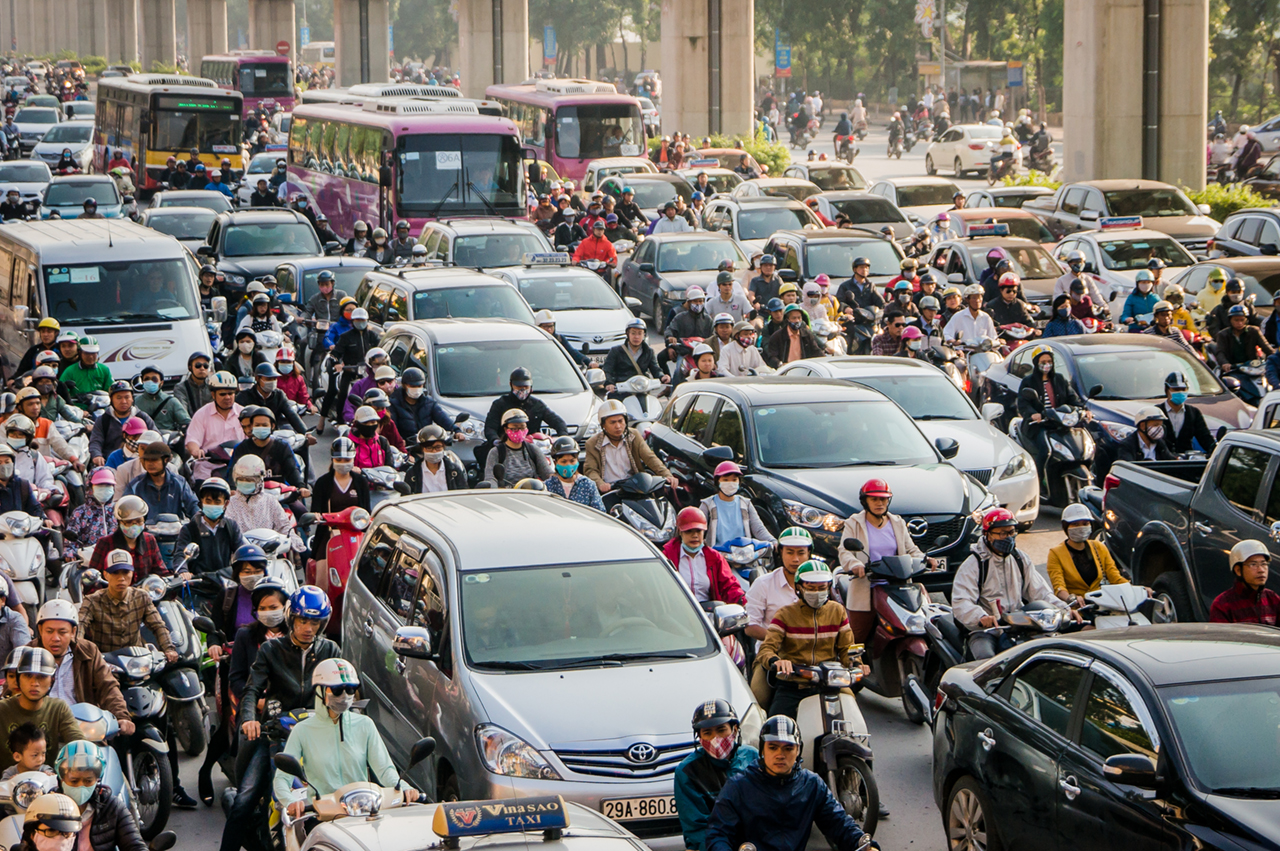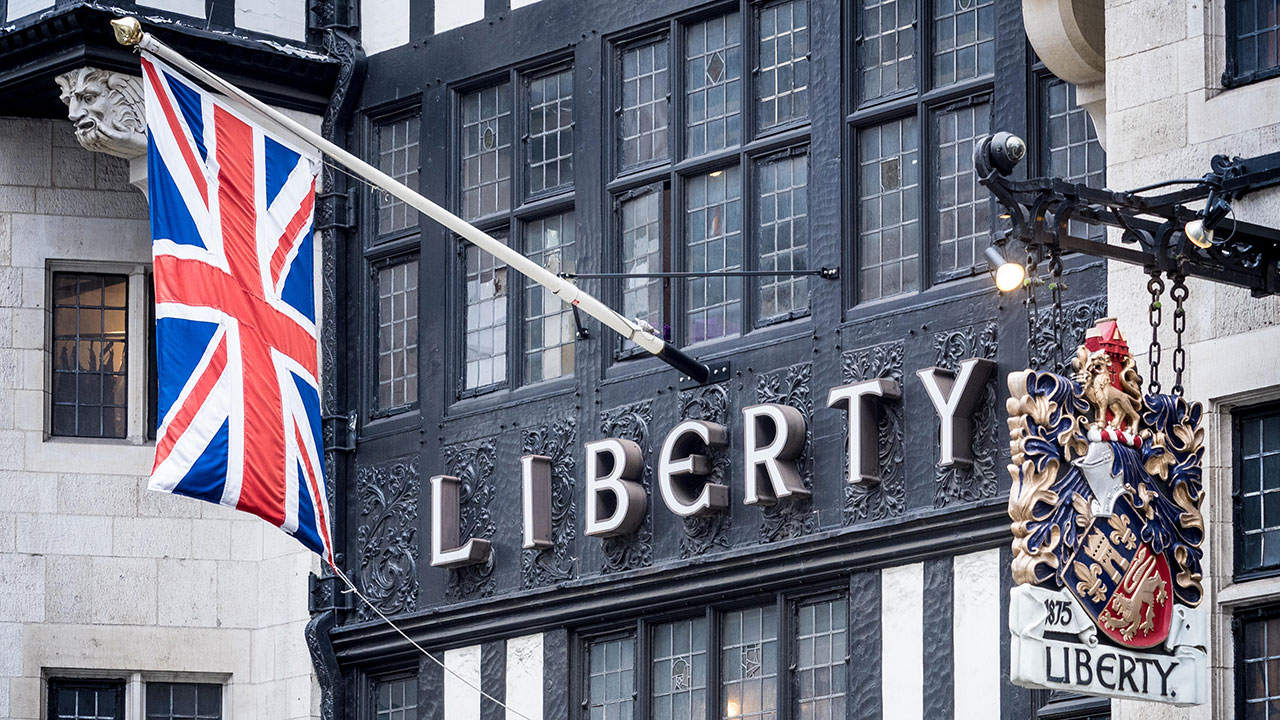Swiss watches clock on to new frontiers, daily bread at Universal Bakehouse and global mobility news.
|
Thursday 23/10/25
|

|
|
London
Paris
Zürich
Milan
Bangkok
Tokyo
Toronto
|
|
|
|

Good morning from Midori House. Monocle’s November issue has just landed on newsstands and it’s packed with inspiration, ideas and long reads covering everything from defence and diplomacy to art and outerwear. Subscribe today. For more news and views, tune in to Monocle Radio. Here’s what’s coming up in today’s Monocle Minute:
THE OPINION: Has the EU already lost the Western Balkans?
BUSINESS: The Swiss watch industry clocks on to new frontiers
DAILY TREAT: Loaf around at Universal Bakehouse, Kuala Lumpur
THE LIST: The latest mobility news from Europe to Vietnam
|
|
The idea of EU membership for the Western Balkans has run aground
By Guy de Launey
|

|
Examining recent and current events, you would be forgiven for thinking that the EU was pursuing expansion in the Western Balkans. On the surface, things seem to be moving in the right direction, from the recent tour of the region by the European Commission president, Ursula von der Leyen, to this week’s high-level Berlin Process Summit of Western Balkan leaders in London. But haven’t we heard all this before?
Two of the region’s six nations, Montenegro and Albania, appear close to joining the EU. But other countries are in troubled waters: Serbia has anchored mid-voyage; North Macedonia is struggling to leave port; Bosnia and Herzegovina must make its ship seaworthy; and Kosovo is landlocked.
On matters of EU enlargement, Brussels has been leading these nations up the garden path for decades. It is a misguided strategy – if indeed it has been a strategy at all – that has damaged the EU’s image in the region and caused people in Western Balkan countries to lose faith in the European project.

On guard: Ursula von der Leyen in Belgrade
These young democracies need help and encouragement from Brussels to enact reforms, particularly concerning the rule of law, corruption and media freedom. But they need to know that there is a genuine chance of EU membership at the end of the process. All the available evidence from the past two decades suggests that this is not a particularly safe bet.
EU member states asserted that “the future of the Balkans is within the European Union” at the Thessaloniki Declaration in 2003. Since then, only Croatia has completed the accession process. For the other countries in the region, there has been little more than frustration as the EU moved the goalposts or placed fresh obstacles in the path of would-be member states.
No country has made a more dramatic effort than North Macedonia. In 2019 it took the radical step of changing its name from plain old Macedonia to resolve a daft but damaging dispute with Greece. The prime minister who promoted the new moniker, Zoran Zaev, persuaded a reluctant electorate to vote for a name change on the promise of unblocking Nato and EU membership. The military alliance swiftly made good on that commitment. The EU, however, allowed Bulgaria to veto the process by raising an even dafter dispute over arcane identity issues. During Von der Leyen’s brief stop in Skopje last week, she took the usual Brussels line, telling North Macedonia that “the ball is in your court”. In other words, the EU is not going to lift a finger to help.
In Serbia, support for EU membership has hit an all-time low of 33 per cent. This is partly the consequence of Belgrade’s own equivocal attitude towards Brussels – and the West – under the country’s president, Aleksandar Vučić. But it also reflects the EU’s mercurial behaviour, dangling the carrot of a clear path to accession only for it to be snatched away when former European Commission president Jean-Claude Juncker declared that there would be “no further [EU] enlargement”. Serbia’s accession momentum never recovered.
These are the most egregious examples of Brussels letting the Balkans down. Despite Von der Leyen’s cheer last week that “Montenegro can do it” and join the EU by 2028, there are plenty of reasons to be sceptical. Likewise, Albania should beware of her tepid comment that “we like [your] ambition” of completing membership negotiations by 2027. If the past two decades have demonstrated anything, it is that only a landlubber would expect smooth sailing from the Western Balkans to Brussels.
Guy de Launey is Monocle’s Ljubljana correspondent. For more opinion, analysis and insight, subscribe to Monocle today. Further reading? Click here to see how Serbia’s foreign minister, Marko Djuric, could bring unity to the Balkans.
|
|
EDO TOKYO KIRARI  MONOCLE MONOCLE
|
|
business: Switzerland & USA
Despite a drop in Swiss watch exports to the US, there’s been a timely uptick in other markets
Swiss watch exports to the US plunged by more than half in September (writes Julia Jenne). The Trump administration levied a 39 per cent tariff on imports from Switzerland in August, much higher than those imposed on neighbouring EU countries. With almost a fifth of Switzerland’s exports bound for the US and watches the centrepiece of its offering, such disruption was to be expected.

Watch this space: Swiss horology diversifies into new markets
But watch brands have proved resilient. Turning to new markets such as Mexico and India has given sales a boost – there has been an almost 8 per cent rise in exports outside the US in the past month. If luxury watch brands are to continue ticking along, they must keep an eye on such emerging audiences. As for the transatlantic relationship, these are not desperate times yet. For now, the demand for Swiss goods stateside remains steady, according to US consulting firm Deloitte and the Federation of the Swiss Watch Industry. The countdown is on to see whether the Swiss government can strike a more favourable deal with Washington to bring back the good times.
For a behind-the-scenes look at how one Finnish school is shaping the future of watchmaking and attracting attention from Swiss giants, click here.
|
|
• • • • • DAILY TREAT • • • • •
Get your daily bread at Universal Bakehouse in Kuala Lumpur
Universal Bakehouse is cooking up freshly baked pastries with an Asian twist from The Campus Ampang, a lively former school-turned-community hub in Kuala Lumpur.
The bakery’s crusty sourdough loaves, made using a 200-year-old natural leaven, attract the longest queues. If you’re after something sweeter, try the coconut-and-mango choux buns. Time to tuck in.
universalbakehouse.my
|
|
|
Sponsored by Edo Tokyo Kirari
|
|
|
|
|
|
the list: global
Eurostar’s new trains, Hanoi’s bike ban and Moscow and Beijing break the ice
The world of mobility moves fast (writes Rory Jones). Here’s a round-up of the latest news across the globe, covering everything from trains to trade routes.
Eurostar levels up
Eurostar has placed a €2bn request for 30 new double-decker trains from the maker of some of its current fleet, Alstom. The first delivery in 2031 will see six models replace a portion of its 34-strong fleet of older Alstom trains. The new models will expand services with additional seating and new jobs. Eurostar is specifically deploying the trains on routes with destinations less than five hours from London, where it is actively competing with airlines.

Long road ahead: Hanoi plans motorbike ban
Hanoi’s future on two wheels
In an attempt to curb air pollution, Vietnam has planned a ban on petrol-powered motorbikes from entering Hanoi’s city centre from mid-2026. But the change in legislation will be disruptive to a country where almost 80 per cent of its 100 million-strong population owns a bike. Who can come up with an electric alternative as trusty as Honda’s?
The cold ways are the best
Beijing and Moscow have reached a deal to share data and scientific research on navigable routes and the movement of ice across the Northern Sea Route. China has championed the Arctic shortcut as a significant trading artery for many years. Last week a containership named the Istanbul Bridge made the journey from China to the UK in just 20 days. Similar journeys via the Suez Canal would take more than twice as long.
|
|
Monocle Radio: Monocle on fashion
Prada at Frieze, designer comebacks and 150 years of Liberty
We visit Prada’s installation at Frieze and hear from creative director Frida Giannini on her capsule collection with Liberty to celebrate the department store’s 150th anniversary.

|
|
| | |